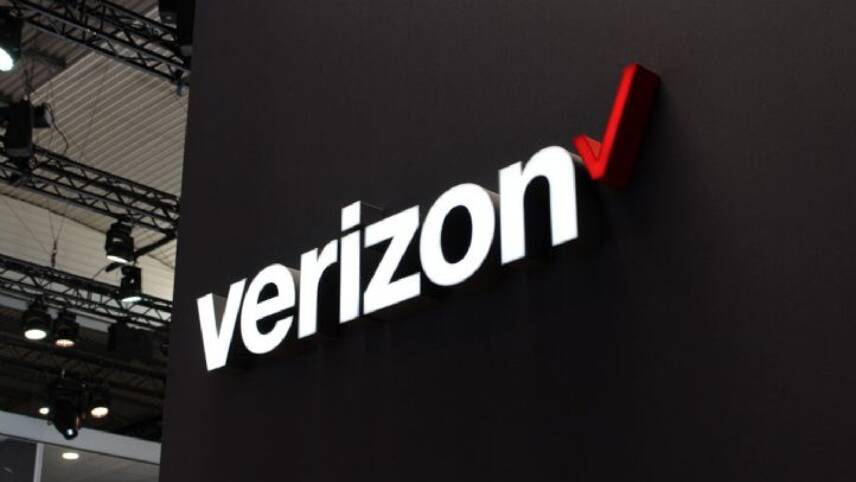Register for free and continue reading
Join our growing army of changemakers and get unlimited access to our premium content

Verizon is committed to achieving net-zero carbon emissions across its operations by 2035.
Last week, Verizon announced that it has joined the Climate Group’s RE100 initiative, which aims to accelerate transition towards zero carbon grids at scale, aligning with the company’s own target to source renewable energy equivalent to 100% of its annual electricity usage by 2030.
Verizon’s chief sustainability officer James Gowen said: “As a core part of our business, Verizon looks to benefit the communities where we operate, identify ways to be stronger and more resilient and create long-term, measurable value for our shareholders, customers, employees and society alike.
“Joining this global initiative further underscores Verizon’s dedication to reducing our carbon footprint and transitioning to renewable energy to help protect the planet for future generations.”
Since 2019, the company has issued six green bonds for a total of $6bn, with proceedings from its fifth bond being allocated entirely to renewable energy purchase agreements (REPAs), to help accelerate the transition to cleaner electrical grid across the US.
So far, Verizon has entered into 27 REPAs for a total of approximately 3.6 gigawatts (GW) of anticipated renewable energy generating capacity.
According to the company, it is positioned to avoid more than 4.7 million metric tons of carbon emissions every year through its REPAs and exceed its 2025 renewable energy target to power 50% of its annual electricity usage using renewable energy.
Moreover, the telecommunications giant is committed to achieving net-zero carbon emissions across its operations by 2035.
As of the end of 2022, the company had achieved a 23.3% reduction in Scope 1 (direct) and 2 (power-related) emissions and 15.1% reduction in Scope 3 (indirect) emissions over a 2019 baseline.
Additionally, as of year-end 2023, solutions such as artificial intelligence (AI), Internet of Things (IoT) offerings, supplier relationships and transition to an electric fleet had enabled the company to avoid more than 93 million metric tons of carbon emissions since 2018.
Corporate demand for renewable electricity
More than 400 companies are currently signed up to the RE100, collectively surpassing 500 terawatt-hours (TWh) of electricity demand every year, which is more than the annual energy demand of France.
The initiative confirmed late last year that if its collective members were a country, it would be the world’s 10th largest in terms of electricity consumption.
As the demand for clean electricity grows, corporations have been calling on national and regional governments to remove policy barriers in order to enable the uptake of renewable electricity at a greater pace, while creating cheaper costs.
The Climate Group recently revealed that policymakers in Japan and South Korea are under increasing pressure to improve national clean energy targets and supporting policies, as a groundswell of corporates plan to increase their use of renewable electricity.


As a retired scientist, ex UKAEA, I would be interested to have definitive information on the manner in which the large amounts of electrical energy are to be generated as “zero carbon”.
The major generator must be, I believe, nuclear energy.
Am I wrong??